Brand Name vs. Boutique: What’s the Best Commercial Real Estate Option for SMB?
Which is better: Working with a large, brand-name brokerage or working with a small, boutique brokerage?
The answer? It depends.
The Difference Between Boutique and Brand Name
Commercial real estate brokerages aren't commodities—who you choose to represent your interests matters. While we advocate selecting the agent, not the agency, there are some big differences in the way a brand-name brokerage works versus a boutique brokerage, with important distinctions for small- and medium-sized businesses (SMB).
Brand-Name Brokerages
As the name implies, brand-name brokerages are the "big" guys. Typically multinational, these brokerages hire hundreds of agents and transact millions of square feet every year. Sounds impressive, right? It is; that is until you understand how the business model for brand-name brokerages work.
Of course, running a multinational operation with thousands of employees is expensive; running a brand-name brokerage requires serious cash flow. To keep the lights on, brand-name brokerages transact as many deals as possible, focusing on volume. The more deals, the better. That means that big clients likely to spend tens of millions of dollars get priority and the best agents while with smaller clients, the pressure is on to get a deal—any deal—signed and sealed, regardless of what might be in the best interests of that client.
Here are some of the problems SMB encounter when working with brand-name brokerages:
Responsiveness stopped once the contracts were signed;
The agent that signed the client is not the one working on their business (typically a senior agent makes the sale while a junior agent does the work);
Don't see the results promised.
Boutique Brokerages
Boutique commercial real estate brokerages, like MCRE, are much smaller than brand-name brokerages and typically cover a specific geographic region. There are only a handful of agents working for a boutique brokerage, but not one is junior—they are all experienced agents who bring with them decades of experience working for brand-name brokerages.
Given their small size and smaller geographic reach, it would be impossible for a boutique brokerage to stay afloat using the same volume-based business model the brand-name brokerages do. Instead, boutique brokerages operate based on a relationship-based business model, transacting less volume but providing better service. Boutique brokerages keep the lights on through repeat business and referrals, therefore it is in their best interests to ensure each and every client has an exceptional experience.
Here are some of the advantages for an SMB working with a boutique brokerage:
The agent who sells you is the agent working your business;
Exceptional service from before you sign on the dotted line until well after;
An agent who cares about your interests and works to get the best possible deal for you.
Brand-Name vs. Boutique—Who Wins?
Of course, there is no clear-cut answer as to which is better, brand-name or boutique; it all depends on the client—the results they want and the service level they need. If you're still deciding whether a volume- or relationship-based business is best for you, consider this anecdote about my friend Paul and why he chooses Coffee Stop over Tim Horton's.
Paul is 85 years old; he’s been retired for 20 years and every morning of his retirement has started with a coffee and donut at Coffee Stop. About 10 years ago, a brand new Tim Horton’s was built right down the street from Coffee Stop, but yet Paul still stayed loyal. I asked him why he didn’t switch to Tim Horton’s and he answered simply, “Coffee Stop gives me exactly what I’m looking for.”
For Paul, his trip is less about the coffee and more about the experience. The owner of Coffee Stop knows him by name and has his order ready when he arrives. The owner also knows what types of donuts Paul likes and offers him free samples when new flavours arrive. Paul and the owner discuss their kids, grandkids, and mutual love of sailing. The focus for the owner of Coffee Stop is on providing his customers with a quality experience. At Tim Horton’s, Paul is rushed through with little or no interaction; the goal for that business is quantity.
Depending on your objective, either Coffee Stop or Tim Horton’s can deliver what you need; for Paul, it’s all about an enjoyable experience, one only Coffee Stop can provide.

